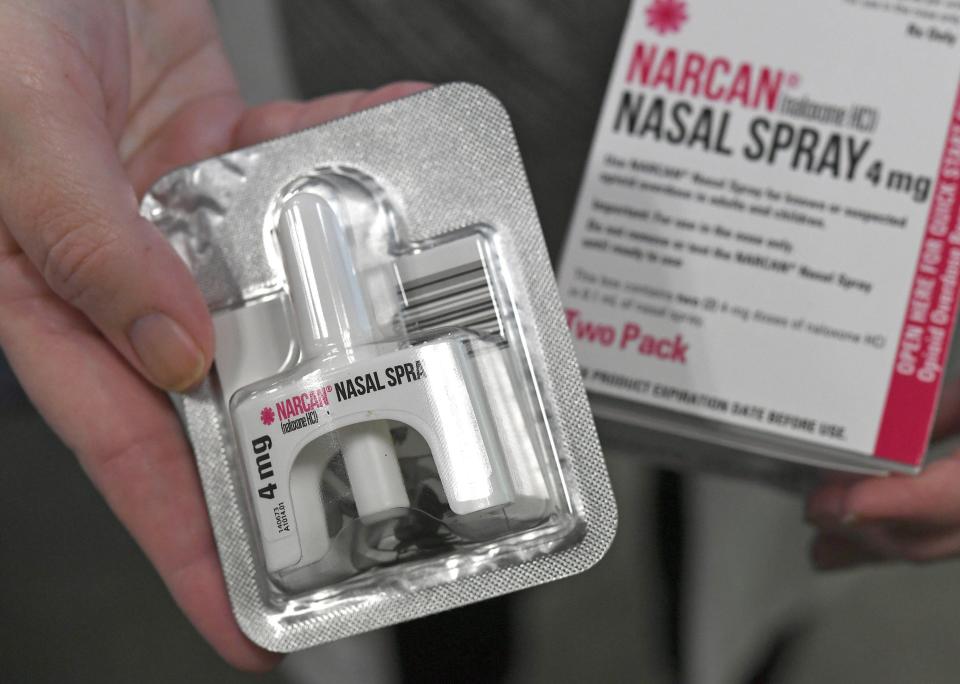Pennsylvania's overdose crisis: Reforms urgently needed to stem the tide of loss
As Pennsylvania works through the heartbreak and wreckage left in the wake of the COVID-19 pandemic, our state's ongoing, deadly drug and alcohol epidemic is churning back into public view.
In 2021, over 5,400 Pennsylvanians died needlessly of drug overdoses. Similar or higher numbers are projected for 2022 while an additional 3,000 Pennsylvanians die annually from the effects of alcoholism.
Pennsylvania's death toll continues to rise despite important countermeasures implemented by the state. But for the widespread use of naloxone 40,000 to 60,000 times, the death toll would be even higher.

Now, as we pull back the curtain on 2023 and survey the landscape around us, we see addiction treatment and prevention programs badly damaged by the cost of COVID, severe underfunding and large labor shortages.
Programs and staff are beset by suffocating, ever-changing, contradictory and duplicatory requirements from state and federal government, counties, managed care, health plans and others. These bureaucratic requirements must be sorted and simplified and hands-on clinical staff extracted and freed up to do the difficult, lifesaving work they signed up for.

Treatment programs need funding increases and immediate regulatory relief.
In addition, an emergency plan must be implemented to address critical labor shortages across the state. Certain needless staffing requirements for hands-on workers must be suspended to allow for new hires under supervision.
The state must establish acceptable career pathways for people and families in recovery to work in prevention and treatment at all levels. These pathways must recognize the credential of "lived experience" as well as the unique, ever-renewing knowledge base people and families in recovery bring to the task at hand. This knowledge base is not available to others.
Loan forgiveness and apprenticeship programs must be made available for hands-on practitioners.
In addition to these concerns, an aggressive plan must be put in place to enforce provision of addiction treatment through health plan and insurance laws.
More:Overdose deaths remain high in Erie County, but help is available to those in need
Recently, the U.S. Department of Labor and Industry reviewed insurance plans across the country and identified high rates of non-compliance with the Federal Mental Health/Drug & Alcohol Parity Act. This is outrageous. Businesses and individuals are paying for coverage for addiction treatment services that few are able to access.
In 2021, over 5,400 Pennsylvanians died of drug overdoses. An additional 3,000 people died from the effects of alcoholism.
More:Taylor Miller's family continues her mission to fight opioids, spread hope
Let's not lose another generation.
Gene DiGirolamo is a Republican Bucks County Commissioner. Deb Beck is president of the Drug and Alcohol Service Providers Organization of Pennsylvania.
This article originally appeared on Erie Times-News: How to stem PA's overdose crisis? Start with these reforms

